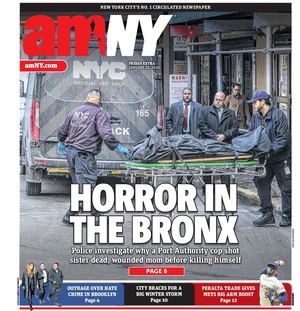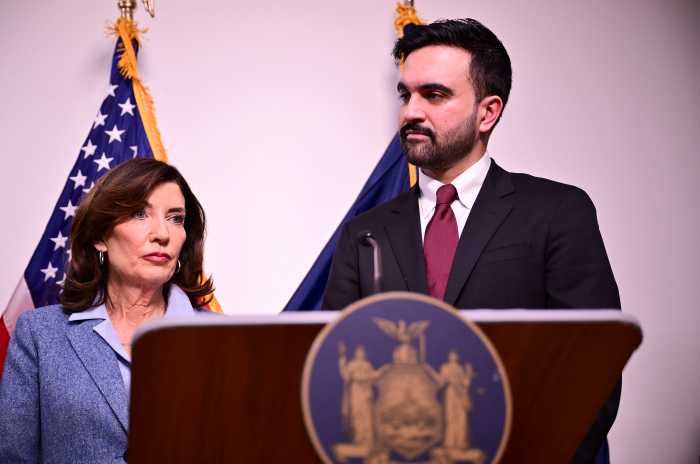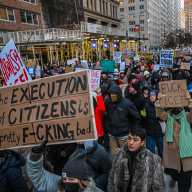Direct Support Professionals and non-profit provider agencies are the backbone of our state’s care service sector with over 85% of the responsibility for supporting people with intellectual and developmental disabilities. The forecast is bleak with no relief in sight with the hemorrhaging of staff costing providers $100.5M annually. We must fund a comprehensive 3.2% Cost of Living Adjustment in our final State Budget without contingencies. The system serving I/DD New Yorkers simply cannot serve the demands of a fragile population in the face of an annual 30% workforce turnover, and agency vacancies in excess of 17%.
As negotiations are underway and the Budget’s April 1 deadline has been extended, we continue the fight against the contingency language in the current proposal for the COLA. Essential costs like energy, insurance, transportation, maintenance, food and technology to name a few would be excluded from the increase. From 2022 to 2023, salary and benefit costs alone grew by 14%, and workers compensation by a staggering 66%.
Provider agencies are not immune to inflationary forces that are pushing a vital sector into a deleterious state. Cost increases related to mandated fringe benefits, repairs and maintenance, utilities, food, supplies, transportation, and insurance over the past year has resulted in untenable and constricting financial pressure on agencies. Additionally, since the I/DD provider agencies are solely funded by Medicaid, agencies are unable to increase reimbursement for services to compensate for increased costs of operations.
Historically, we have championed a strong COLA in years past to both improve the recruitment and retention of our workforce, as well as to provide for the inflationary increases in operating costs. Meeting operational costs is fundamental to keeping programs open. If providers cannot meet the soaring costs, they will close their doors cutting off services to over 130,000 New Yorkers with disabilities. Flexibility in the COLA is necessary to increase salaries for hardworking DSPs and to fulfill commitments to fringe benefits, care management staff travel costs, and worker’s compensation.
We have an obligation to workers who are also not immune to inflationary pressures and are being pushed further into poverty. A recent survey by the New York Disability Advocates (NYDA) found that while DSPs are working to support I/DD New Yorkers, they can’t sustain themselves with nearly half of all DSPs reporting that they have limited access to sufficient food and shelter. It is reprehensible that the low pay and understaffing causes DSPs to take on multiple jobs and work long and demanding hours, causing distress and burnout. Women of color dominate this field and suffer the most from the inequities of a deteriorating system.
Agencies are closing these vital programs and I/DD New Yorkers are being pushed further toward exclusion, isolation, and institutionalization, the antithesis of the promise of the Olmstead decision.
I am unequivocally committed to fully funding the 3.2% COLA without restrictions, supporting care coordination organizations and further investing in DSPs with the passage of a Direct Support Wage Enhancement allocating $4,000 to each employee to supplement their hourly pay. We must secure these important policies to protect and uplift DSPs, non-profit agencies and the beneficiaries of their vital service, New Yorkers with disabilities.







































